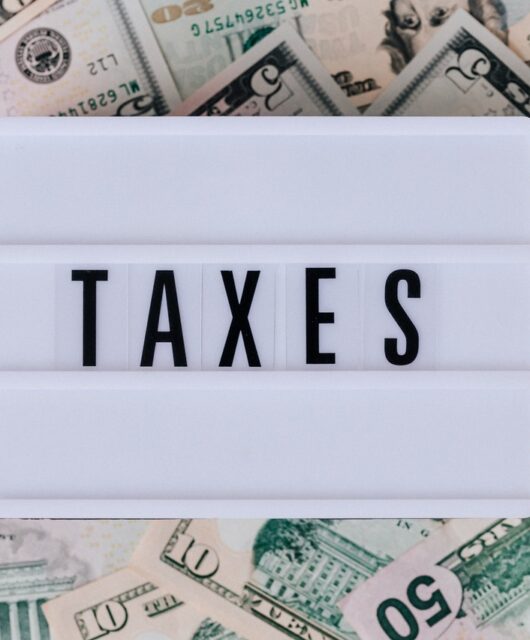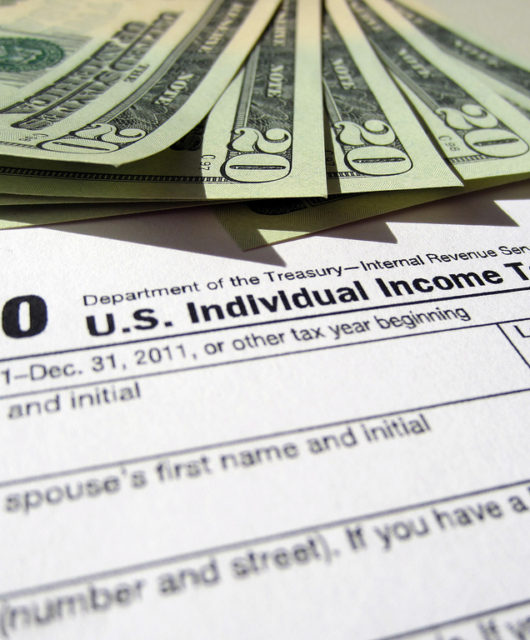Is There a Tax Audit in Your Future?

You’re all done with your taxes and you’re about to turn them in, or you’ve already done so. What are your chances for a tax audit? Are they high or low? If you do end up receiving a tax audit, will it be easy to fight or will it turn into a challenge where outside help is needed, such as a New York tax attorney? Let’s take a look below at what a tax audit is, why the IRS would come after you and how to avoid audits for years to come.
What a tax audit really is
A tax audit, in its simplest definition, is an audit preformed the by the IRS when they decide that there is a need to examine one or more of your tax returns. This examination is to verify that both your income stated throughout the return and the deductions you took are indeed true and accurate. When you’re chosen for a tax audit by the IRS, it is generally because one or more things within your return sparked their interested, such as an abnormal amount of deductions or a large business loss.
Why the IRS may come after you
There are several different reasons why the IRS may decide to target you for a tax audit. Some of the more common reasons include math errors found throughout your return, the claiming of too many charitable donations, the failure to include a Form 1099 or additional income within your tax return, claiming a rather large amount of business expenses, reporting too many losses on your Schedule C and using lots of round numbers in your tax return.
How to avoid tax audits in the future
Though there is no sure fire way to avoid a tax audit, there are great ways to help greatly reduce your chance of becoming an audit target. Some of these include simply understanding the selection process (what makes you a target or what helps you slide under their radar), checking your math several times, knowing when to file, knowing what is often questioned on your tax return by the IRS and avoiding the need to file amendments to your return.
When it comes to knowing when to file, generally speaking it is better to wait as late as possible to file, before the deadline date. You’ll also want to include explanations for large tax deductions that are included within your tax return. If you don’t, you run the risk of having a letter sent to you asking for more information. This usually leads to an appeal, something you’ll want to avoid.
Not all tax audits are a hurdle. In fact, some of them are simply no more than a little misunderstanding that can be cleared up with a letter or two. Other times, they’re cause for concern and a legal battle. Whether or not you fear a tax audit in your near future, it’s a good idea to understand what a tax audit is in the first place, as well as how to both fight and/or avoid one.









